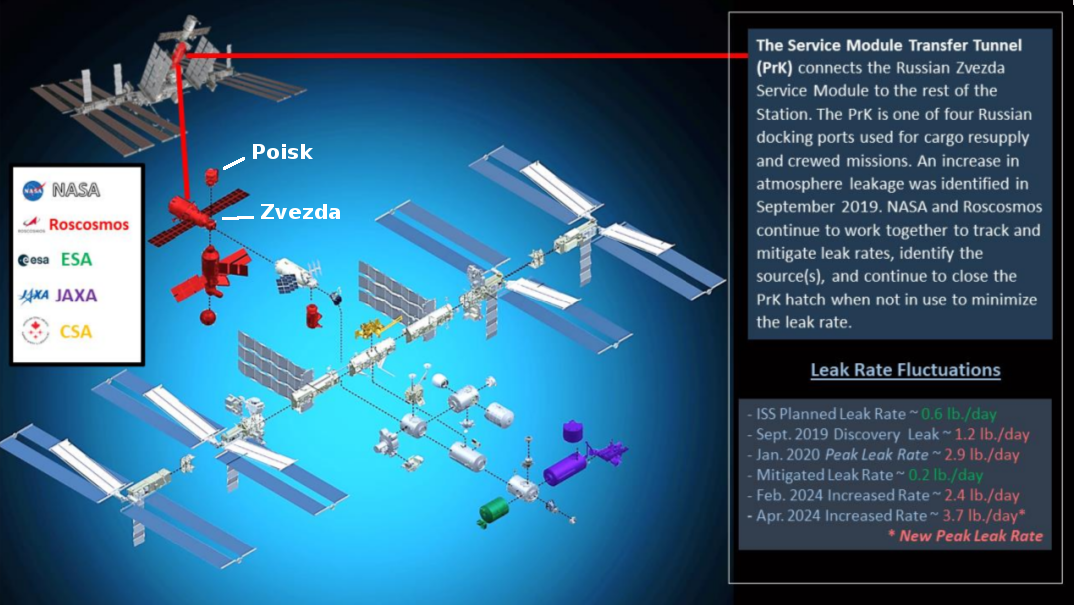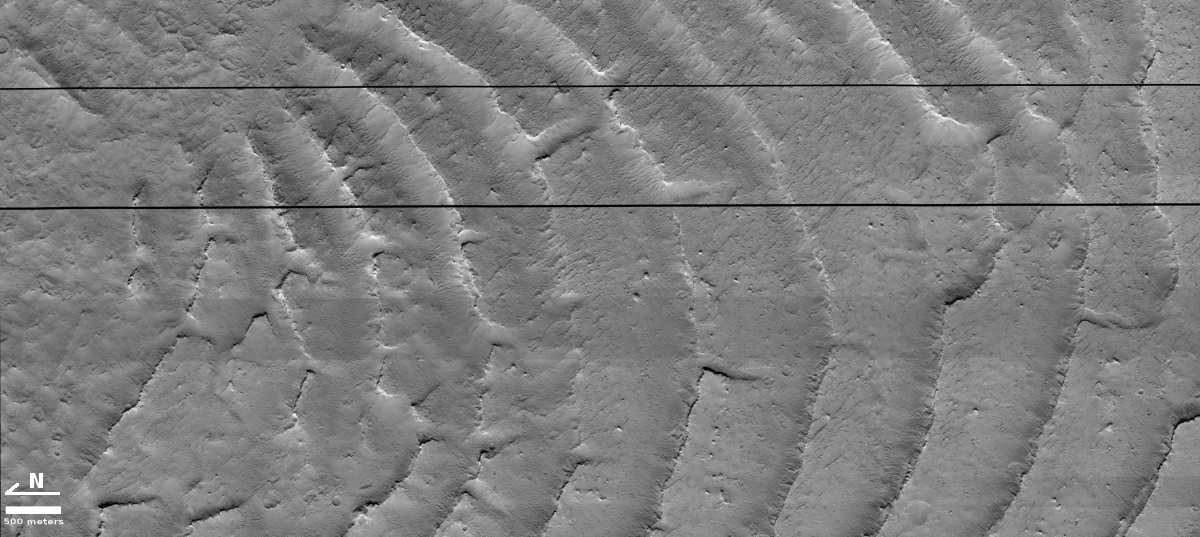Rocket startup Interstellar receives another grant from Japan
The Rocket startup Interstellar announced on February 21, 2025 that Japan’s program to encourage commercial space has awarded it a new $9.3 million grant, bringing the total amount the company has received to approximately $53 million.
The SBIR is a 3 phased governmental program aimed to promote the implementation of advanced technologies developed by startups in Japan. Interstellar was selected in September 2023 under the space section focused on the “Development and Demonstration of Private Launch Vehicles” were the company received up to ¥2 billion [$13.3 million] in funding for Phase 1. After passing the review for Phase 2 in September 2024, another maximum of ¥4.6 billion [$30.8 million] were awarded.
In addition, in early January Toyota invested $44 million in this startup.
This story indicates that the Japanese government is finally moving to encourage private commercial space. It had announced this grant program in late 2023, but its bureaucracy had initially seemed reluctant to issue grants. This appears to be finally changing.
Interstellar is in itself an interesting story. Five years ago it appeared to be aggressively building its Zero rocket. It then disappeared. I figured its investment capital had dried up and the company had shut down. It seems it has now been reborn.
The Rocket startup Interstellar announced on February 21, 2025 that Japan’s program to encourage commercial space has awarded it a new $9.3 million grant, bringing the total amount the company has received to approximately $53 million.
The SBIR is a 3 phased governmental program aimed to promote the implementation of advanced technologies developed by startups in Japan. Interstellar was selected in September 2023 under the space section focused on the “Development and Demonstration of Private Launch Vehicles” were the company received up to ¥2 billion [$13.3 million] in funding for Phase 1. After passing the review for Phase 2 in September 2024, another maximum of ¥4.6 billion [$30.8 million] were awarded.
In addition, in early January Toyota invested $44 million in this startup.
This story indicates that the Japanese government is finally moving to encourage private commercial space. It had announced this grant program in late 2023, but its bureaucracy had initially seemed reluctant to issue grants. This appears to be finally changing.
Interstellar is in itself an interesting story. Five years ago it appeared to be aggressively building its Zero rocket. It then disappeared. I figured its investment capital had dried up and the company had shut down. It seems it has now been reborn.











